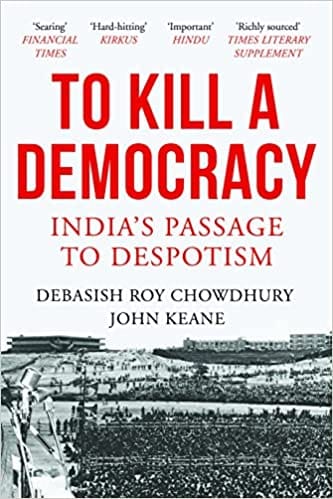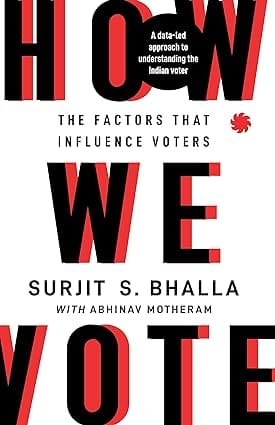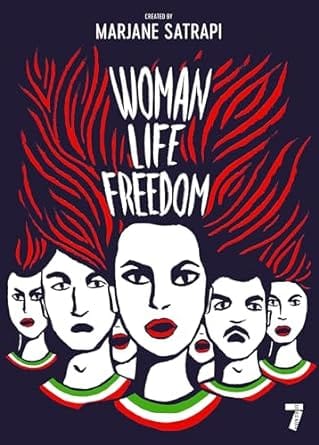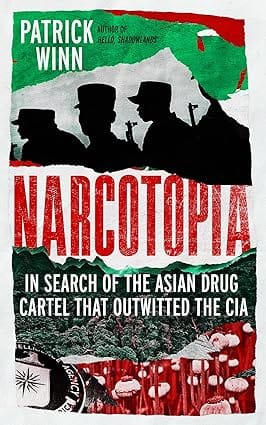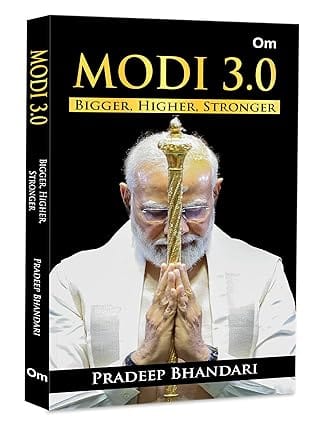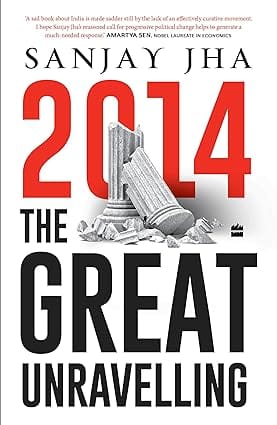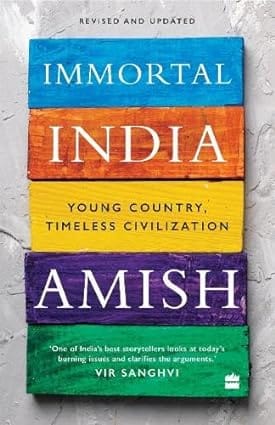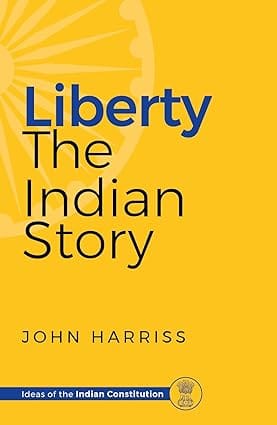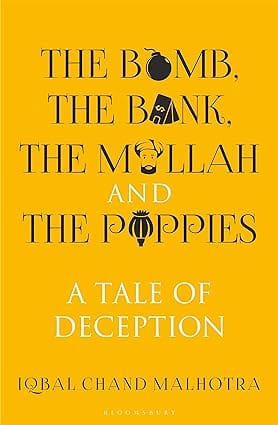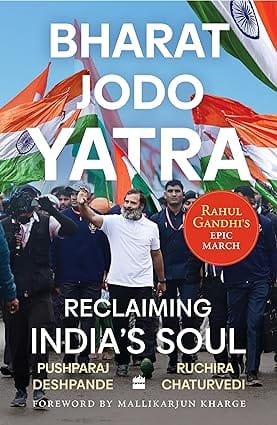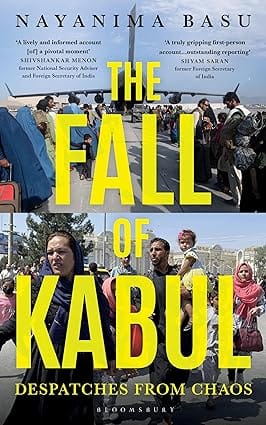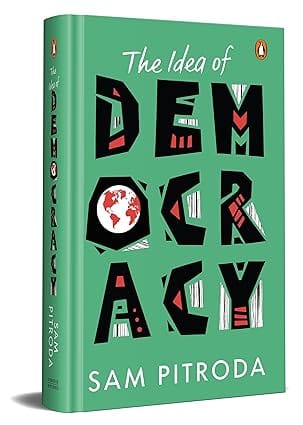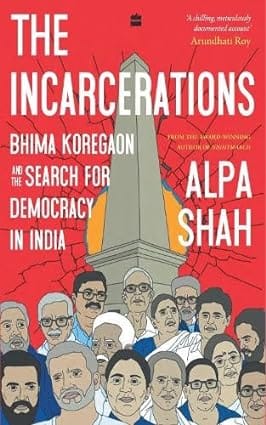- Contemporary Fiction
- Contemporary Fiction
- Children
- Children
- Comics & Graphic Novels
- Comics & Graphic Novels
- Non-Fiction
- Non-Fiction
- Fiction
- Fiction
‘Searing’ FINANCIAL TIMES
‘Hard-hitting’ KIRKUS
‘Richly sourced’ TIMES LITERARY SUPPLEMENT
‘Important’ HINDU
India is heralded as the world's largest democracy. Yet, there is now growing alarm about its democratic health. To Kill a Democracy gets to the heart of the matter.
Combining poignant life stories with sharp scholarly insight, To Kill a Democracy rejects the belief that India was once a beacon of democracy but is now being ruined by the destructive forces of Modi-style populism. It details the much deeper historical roots of the present-day assaults on civil liberties and democratic institutions. Democracy, the authors also argue, is much more than elections and the separation of powers. It is a whole way of life lived in dignity, and that is why they pay special attention to the decaying social foundations of Indian democracy.
In compelling fashion, the book describes daily struggles for survival and explains how lived social injustices and unfreedoms rob Indian elections of their meaning, while at the same time feeding the decadence and iron-fisted rule of its governing institutions.
It points out that what is happening in the country is globally important, and not just because every third person living in a democracy is an Indian. It shows that when democracies rack and ruin their social foundations, they don’t just kill off the spirit and substance of democracy. They lay the foundations for despotism.
Review
"An urgent survey of India's democratic shortcomings... The book is a happy marriage of the authors' skills and expertise. A thoroughgoing, finely grained awareness of Indian politics and society is blended with a rigorous understanding of how democracy works and what is needed for it to thrive. The book avoids academic jargon, with the result that it is clear, accessible and compelling... it will be a fascinating read for anyone who cares about the fate of the world's biggest democracy." -Abhinmanyu Arni, Literary Review
"Well-researched." -Mihir Bose, Irish Times
"Debasish Roy Chowdhury and John Keane refreshingly use history, marshal facts and weave a complex and compelling narrative on why India's democracy stands at a dangerous crossroad... [an] important and well-written book." -Seema Chishti, The Hindu
"A searing and original polemic." -James Crabtree, Financial Times
"A richly sourced and fast-paced directory of the unevenly distributed life chances of ordinary Indians." -Sonia Faleiro, Times Literary Supplement
"In vivid and compelling terms, [Chowdhury and Keane] detail [India's] various 'social emergencies'... They sketch equally distressing pictures of its politics, not least the malign influence of money, the ubiquity of violence, the unravelling of law and order, and the near disappearance of accountability." -Ian Hall, Australian Book Review
"Debasish Chowdhury and John Keane's nuanced portrayal of Indian democracy offers a sobering account of the ways in which inequality manifests itself in a democracy with tremendous potential and immense shortcomings. This book contains important observations for those who care about the future of India particularly in the realm of education reform, labour reform and electoral politics. We are living at a moment in time when illiberal democracies are successfully consolidating their power, creating a condition which the authors describe as elective despotism. While India is their focus, a reader in the United States, Europe or even Malaysia will find much to contemplate in his or her own national consideration of the pursuit of justice and fairness." -Anwar Ibrahim, President, People's Justice Party, Malaysia
"In a hard-hitting, relentless chronicle of social and political ills, Chowdhury and Keane trace the decomposition of Indian democracy since the hopeful time of independence in August 1947... This book sounds an urgent alarm." -Kirkus
"An important new book analyzes the deep-seated forces behind the long decline of the 'world's largest democracy'... Few will find nothing new to learn from this book. Practically every aspect of life in India, and not just elections or the other bare bones of democracy, is covered in detail." -David Simmons, Asia Times
"In marrying academic theories of democracy with eyewitness experiences, Chowdhury and Keane make a compelling argument for judging a democracy from a human-centric position and measuring its success on the resilience and nurturing of its social foundations." -Amrit Swali, The World Today
"A must-read for anyone who wants to understand the challenges facing democracy in the modern world." -Matthew Taylor, Chief Executive, The Royal Society of Arts
"As democratic malaise gathers strength the world over, To Kill a Democracy spotlights the gradual erosion of norms and institutions in the world's largest democracy, India. At once quick-paced and sober, this book addresses a key puzzle about modern politics: why do poor citizens in a poor democracy continue to be left behind?" -Milan Vaishnav, Director and Senior Fellow, South Asia Program, Carnegie Endowment for International Peace
About the Author
Debasish Roy Chowdhury is a journalist based in Hong Kong and has lived and worked in Calcutta, Sao Paulo, Hua Hin, Bangkok, and Beijing. He is a Jefferson Fellow and a recipient of multiple journalism prizes, including the Human Rights Press Award and the Society of Publishers in Asia (SOPA) award.
John Keane is Professor of Politics at the University of Sydney and the WZB (Berlin). He is renowned globally for his creative thinking about democracy, and is the author of a number of distinguished books including The Life and Death of Democracy and The New Despotism.
To Kill A Democracy Indias Passage To Despotism
SIZE GUIDE
- ISBN: 9789390742790
- Author: John Keane
- Publisher: Pan Macmillan
- Pages: 336
- Format: Paperback
Book Description
‘Searing’ FINANCIAL TIMES
‘Hard-hitting’ KIRKUS
‘Richly sourced’ TIMES LITERARY SUPPLEMENT
‘Important’ HINDU
India is heralded as the world's largest democracy. Yet, there is now growing alarm about its democratic health. To Kill a Democracy gets to the heart of the matter.
Combining poignant life stories with sharp scholarly insight, To Kill a Democracy rejects the belief that India was once a beacon of democracy but is now being ruined by the destructive forces of Modi-style populism. It details the much deeper historical roots of the present-day assaults on civil liberties and democratic institutions. Democracy, the authors also argue, is much more than elections and the separation of powers. It is a whole way of life lived in dignity, and that is why they pay special attention to the decaying social foundations of Indian democracy.
In compelling fashion, the book describes daily struggles for survival and explains how lived social injustices and unfreedoms rob Indian elections of their meaning, while at the same time feeding the decadence and iron-fisted rule of its governing institutions.
It points out that what is happening in the country is globally important, and not just because every third person living in a democracy is an Indian. It shows that when democracies rack and ruin their social foundations, they don’t just kill off the spirit and substance of democracy. They lay the foundations for despotism.
Review
"An urgent survey of India's democratic shortcomings... The book is a happy marriage of the authors' skills and expertise. A thoroughgoing, finely grained awareness of Indian politics and society is blended with a rigorous understanding of how democracy works and what is needed for it to thrive. The book avoids academic jargon, with the result that it is clear, accessible and compelling... it will be a fascinating read for anyone who cares about the fate of the world's biggest democracy." -Abhinmanyu Arni, Literary Review
"Well-researched." -Mihir Bose, Irish Times
"Debasish Roy Chowdhury and John Keane refreshingly use history, marshal facts and weave a complex and compelling narrative on why India's democracy stands at a dangerous crossroad... [an] important and well-written book." -Seema Chishti, The Hindu
"A searing and original polemic." -James Crabtree, Financial Times
"A richly sourced and fast-paced directory of the unevenly distributed life chances of ordinary Indians." -Sonia Faleiro, Times Literary Supplement
"In vivid and compelling terms, [Chowdhury and Keane] detail [India's] various 'social emergencies'... They sketch equally distressing pictures of its politics, not least the malign influence of money, the ubiquity of violence, the unravelling of law and order, and the near disappearance of accountability." -Ian Hall, Australian Book Review
"Debasish Chowdhury and John Keane's nuanced portrayal of Indian democracy offers a sobering account of the ways in which inequality manifests itself in a democracy with tremendous potential and immense shortcomings. This book contains important observations for those who care about the future of India particularly in the realm of education reform, labour reform and electoral politics. We are living at a moment in time when illiberal democracies are successfully consolidating their power, creating a condition which the authors describe as elective despotism. While India is their focus, a reader in the United States, Europe or even Malaysia will find much to contemplate in his or her own national consideration of the pursuit of justice and fairness." -Anwar Ibrahim, President, People's Justice Party, Malaysia
"In a hard-hitting, relentless chronicle of social and political ills, Chowdhury and Keane trace the decomposition of Indian democracy since the hopeful time of independence in August 1947... This book sounds an urgent alarm." -Kirkus
"An important new book analyzes the deep-seated forces behind the long decline of the 'world's largest democracy'... Few will find nothing new to learn from this book. Practically every aspect of life in India, and not just elections or the other bare bones of democracy, is covered in detail." -David Simmons, Asia Times
"In marrying academic theories of democracy with eyewitness experiences, Chowdhury and Keane make a compelling argument for judging a democracy from a human-centric position and measuring its success on the resilience and nurturing of its social foundations." -Amrit Swali, The World Today
"A must-read for anyone who wants to understand the challenges facing democracy in the modern world." -Matthew Taylor, Chief Executive, The Royal Society of Arts
"As democratic malaise gathers strength the world over, To Kill a Democracy spotlights the gradual erosion of norms and institutions in the world's largest democracy, India. At once quick-paced and sober, this book addresses a key puzzle about modern politics: why do poor citizens in a poor democracy continue to be left behind?" -Milan Vaishnav, Director and Senior Fellow, South Asia Program, Carnegie Endowment for International Peace
About the Author
Debasish Roy Chowdhury is a journalist based in Hong Kong and has lived and worked in Calcutta, Sao Paulo, Hua Hin, Bangkok, and Beijing. He is a Jefferson Fellow and a recipient of multiple journalism prizes, including the Human Rights Press Award and the Society of Publishers in Asia (SOPA) award.
John Keane is Professor of Politics at the University of Sydney and the WZB (Berlin). He is renowned globally for his creative thinking about democracy, and is the author of a number of distinguished books including The Life and Death of Democracy and The New Despotism.
User reviews
NEWSLETTER
Subscribe to get Email Updates!
Thanks for subscribing.
Your response has been recorded.

India's Iconic & Independent Book Store offering a vast selection of books across a variety of genres Since 1978.
"We Believe In The Power of Books" Our mission is to make books accessible to everyone, and to cultivate a culture of reading and learning. We strive to provide a wide range of books, from classic literature, sci-fi and fantasy, to graphic novels, biographies and self-help books, so that everyone can find something to read.
Whether you’re looking for your next great read, a gift for someone special, or just browsing, Midland is here to make your book-buying experience easy and enjoyable.
We are shipping pan India and across the world.
For Bulk Order / Corporate Gifting
 +91 9818282497 |
+91 9818282497 |  [email protected]
[email protected]
Click To Know More
INFORMATION
ACCOUNT
TRACK SHIPMENT
ADDRESS
Shop No.20, Aurobindo Palace Market, Near Church, New Delhi

